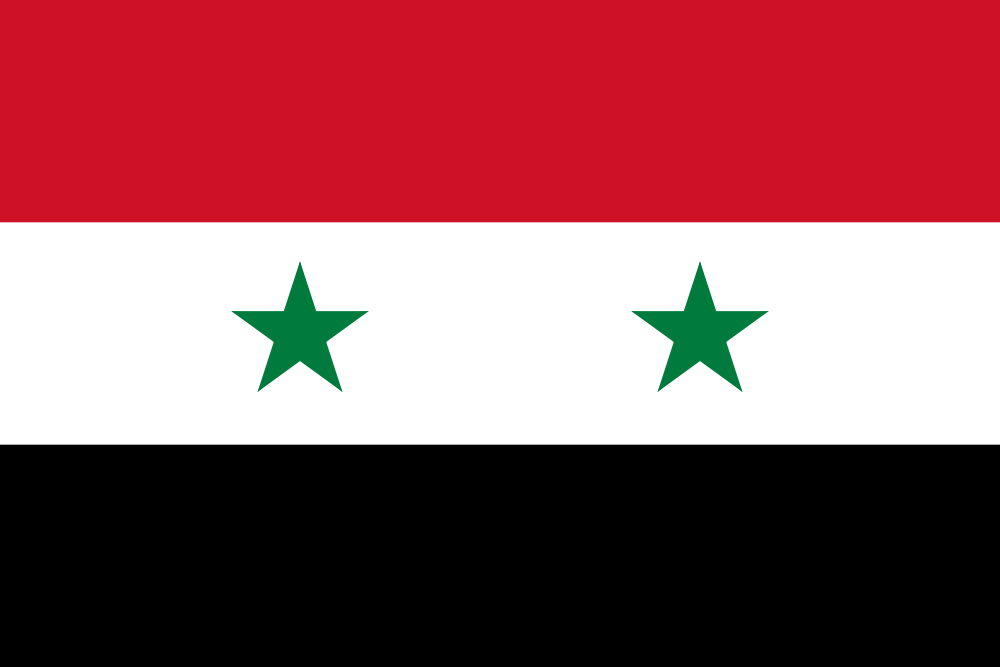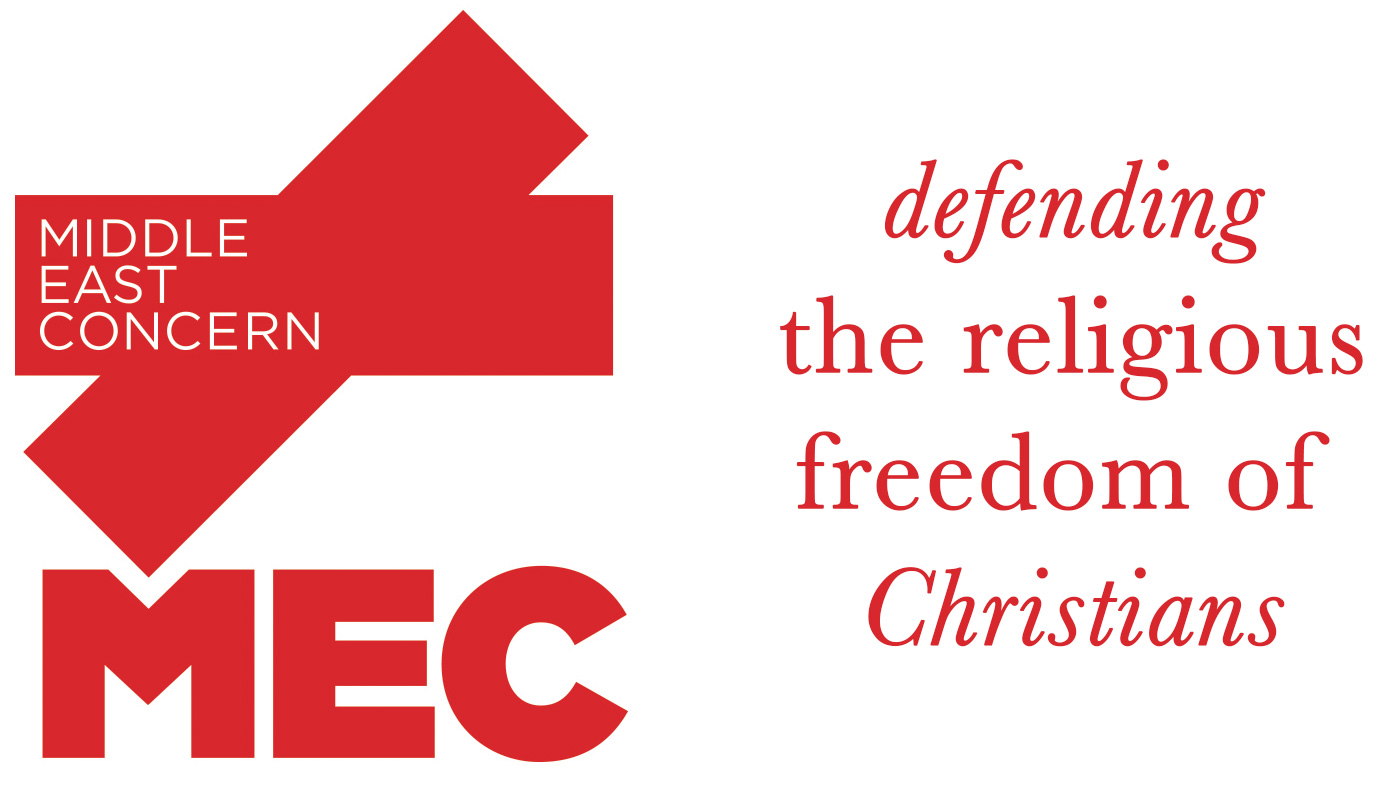
Prior to the conflict that began in 2011, the population of Syria was estimated at about 23 million. The population is ethnically and religiously diverse. About 74% of Syrians are Sunni Muslim (including Arabs and Kurds). About 13% are Alawite and other Muslim groups, 3% Druze and about 10% Christian. Recognised churches include the Greek Orthodox Church, the Syriac Orthodox and Armenian Apostolic Churches, the Greek, Armenian, Chaldean, Roman, Maronite and Syriac Catholic Churches, the Syriac Church of the East, and the Presbyterian, Baptist, Alliance and Nazarene Churches. The massive displacement of Syrians within and outside Syria caused by the conflict has affected all religious communities. While Christians have been particularly affected in some areas (such as those which came under the control of extremist groups), overall there is little evidence that the displacement of Christians has been disproportionate compared with other communities.
Diplomatic efforts continue to establish a Constitutional Review Committee for Syria. The Constitution of 2012 specifies that the President must be a Muslim and establishes Islamic law as a major source of legislation. It affirms the principle of non-discrimination, including on the basis of religion, and obliges the State to respect all religions and to ensure that freedom to perform religious rites is protected, subject to public order considerations. Recognised religious communities have jurisdiction over personal status matters. By law, religious organisations must register and are closely monitored by the Government; recognised groups, including churches, benefit from free utilities and a number of tax exemptions. A Penal Code provision prohibiting the “causing of tension between religious communities” has long been applied widely to restrict proselytising by any religious community and to discourage religious conversion. Under applicable Islamic law, Muslims are effectively prohibited from changing their religion, though conversions to Islam are recognised. Islamic personal status laws prohibit a woman registered as Muslim from marrying a non-Muslim.
Syria acceded to the International Covenant on Civil and Political Rights (ICCPR) on 21st April 1969. The ICCPR upholds the right to freedom of religion, including the right to hold a religion of one’s choice and the right to manifest that religion (Article 18). It also upholds the rights of minorities and the principle of non-discrimination. Syria’s accession to the ICCPR was made without any reservation limiting its commitment to religious freedom.
Syria’s Christian communities face multiple challenges within the context of the current conflict. In the majority of the country that is under government control, Christians enjoy reasonably good standing in society, though some restrictions apply to recognised Christian communities, especially to activities that could be construed as proselytism. The provision of enhanced powers to the Ministry of Religious Endowments in October 2018, ostensibly to check extremism and promote moderation, prompted some Christians leaders to express concern that the greater reach of Islamic authorities may threaten other faith groups. Of those who have fled from government-controlled areas, including Christians, many have done so to avoid military conscription. A common assumption that Christians are pro-government (often correct, not least because of fear of alternatives) contributes to the tolerance in government areas but adds to Christians’ vulnerability in areas controlled by opposition groups such as Hayat Tahrir al-Sham. Few Christians remain in opposition-held areas, where violence has included attacks against Christians, Christian-owned property and church buildings. Mass displacement of Christians has not been reversed following the military defeat of Daesh in its strongholds of Raqqa and Deir ez-Zour in late 2017, and five Christian leaders abducted by extremist groups in 2013 remain unaccounted for. Within predominantly Kurdish areas, indigenous Christian communities have enjoyed reasonable accommodation, though some church leaders have expressed concern that aggressive assertion of Kurdish identity has at times marginalised or been coercive towards Christian communities. In all areas there is strong family and societal pressure against those who choose to leave Islam, and in extreme cases these responses are violent. Those considered apostates can face sanctions in the Shari’a personal status courts such as forcible divorce and removal of child custody. Those who choose to leave Islam are especially vulnerable in opposition-controlled areas.
